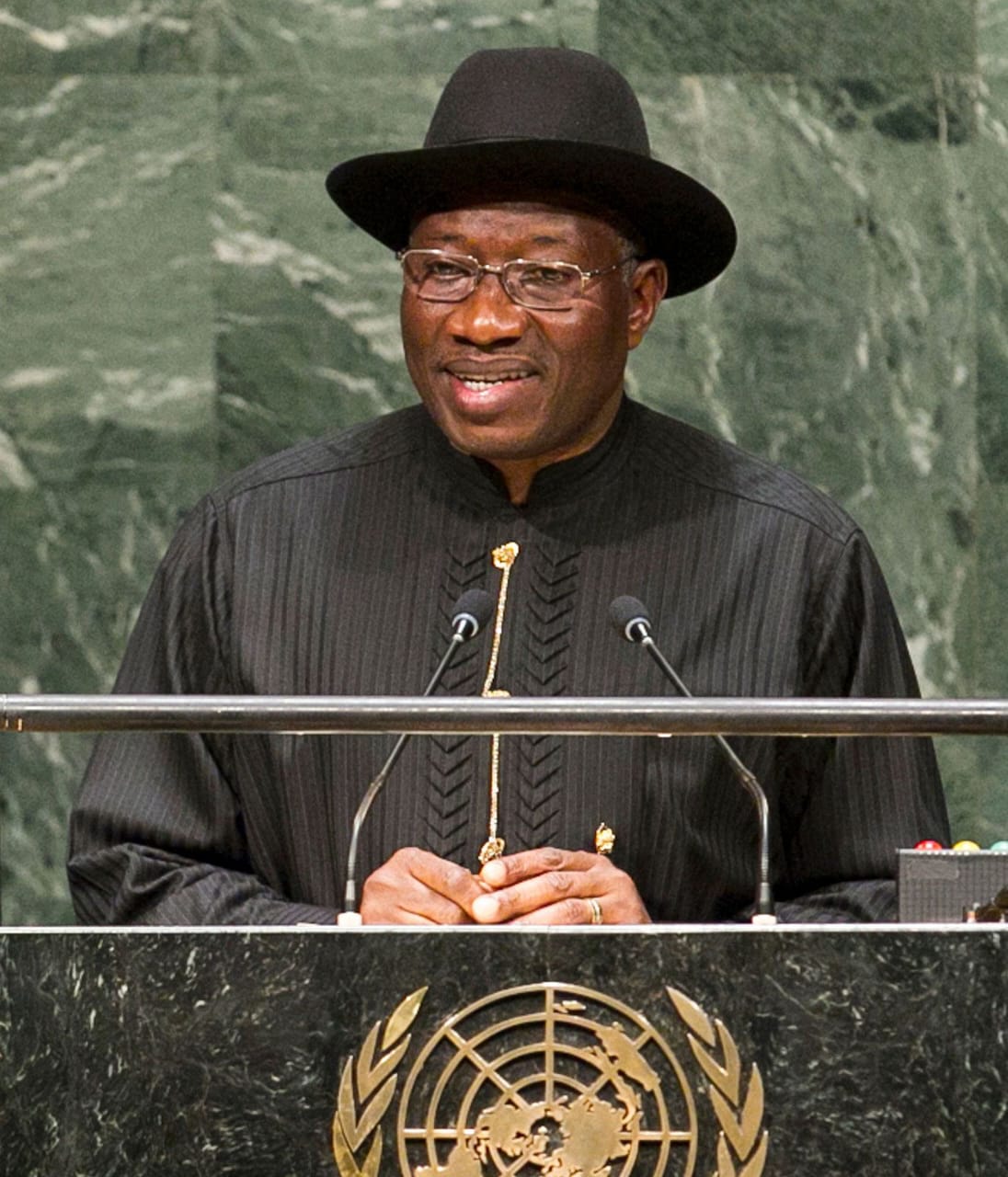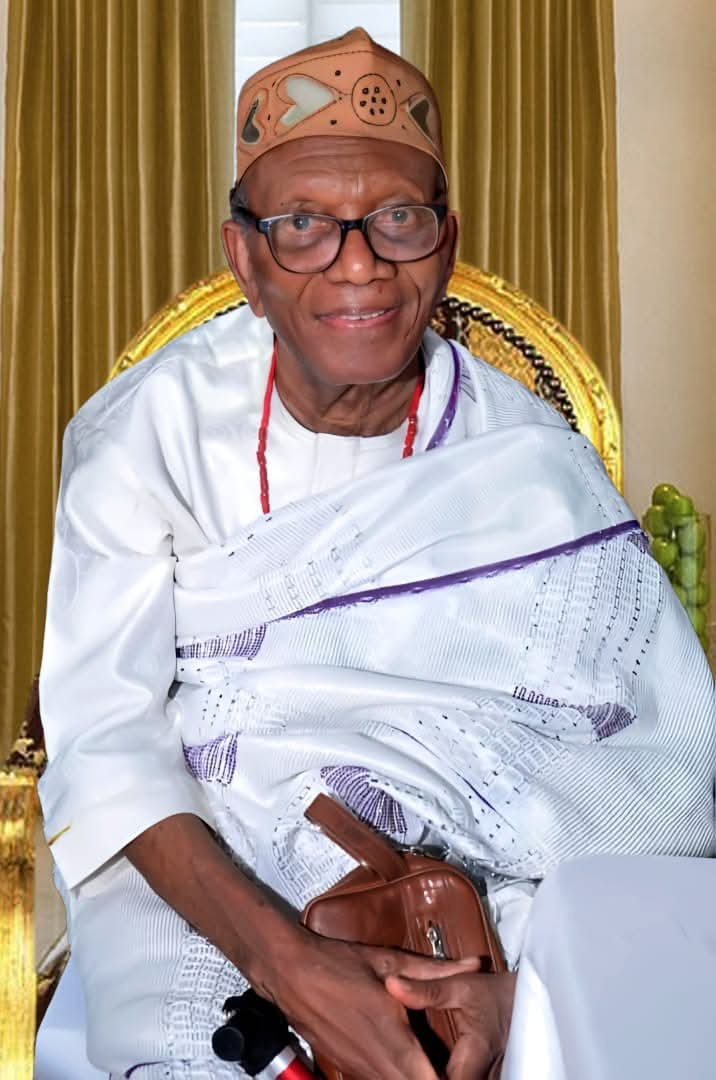By Swill Mavua.
The recent reports of five opposition governors potentially defecting to the All Progressives Congress (APC) have sparked intense debate about the state of Nigeria’s democracy. This development raises several questions about the motivations behind the APC’s actions, the implications for the country’s democratic landscape, and the potential consequences for the electorate.
The APC’s efforts to woo more governors to its fold may be driven by a desire to consolidate power and maintain its grip on the federal government. With 23 governors already, the party may be seeking to further strengthen its position ahead of the 2027 elections. However, this approach raises concerns about the party’s commitment to democratic principles and its willingness to respect the choices of the electorate.
The APC’s actions may have significant implications for Nigeria’s democracy. The party’s desperation to retain power at all costs could lead to a situation where the electoral process is compromised, and the will of the people is undermined. This could result in a loss of trust in the democratic system and potentially destabilize the country.
The APC’s actions have sparked fears that the party is hell-bent on making Nigeria a one-party state. If the party succeeds in its bid to attract more governors, it could further erode the opposition’s ability to challenge its dominance. This could have far-reaching consequences for the country’s democracy, potentially leading to a situation where dissenting voices are silenced, and alternative perspectives are marginalized.
The reports highlight the importance of the electorate in shaping the country’s democratic landscape. Rather than governors decamping to the APC, it is the people who should determine the party that holds power through free and fair elections. If the APC has governed well, it should be rewarded with another electoral victory based on its performance, rather than resorting to defections and blackmail of serving opposition governors and other means to stay in power.
The APC’s desperation to retain power may be a sign of the party’s admittance of failure to deliver on its promises to the people. If the party has failed to meet the expectations of the electorate, and so it seems; it may be resorting to underhand tactics to stay in power. This approach could further erode the party’s credibility and legitimacy, potentially leading to a loss of support from the people.
The reports of five opposition governors potentially decamping to the APC raise significant concerns about the state of Nigeria’s democracy. The APC’s desperation to retain power at all costs could undermine the electoral process and erode trust in the democratic system. Rather than resorting to defections and other means, the party should focus on delivering on its promises to the people and earning their trust through good governance.
The seeming APC desperation can not be in the best interest of the country. Therefore, there’s the need to strengthen Nigeria’s democracy, through the following steps:
- Strengthen Electoral Institutions: Ensure that electoral institutions are independent, impartial, and effective in conducting free and fair elections.
- Promote Transparency and Accountability: Encourage transparency and accountability in governance, ensuring that elected officials are held accountable for their actions.
- Foster a Culture of Democratic Values: Promote a culture of democratic values, including respect for the rule of law, human rights, and the will of the people.
By promoting these democratic values and strengthening electoral institutions, Nigeria can ensure that its democracy is robust and resilient, and that the will of the people is respected. Bottom-line: It would be wise to kill a venomous snake before it bites.

















Leave a Reply